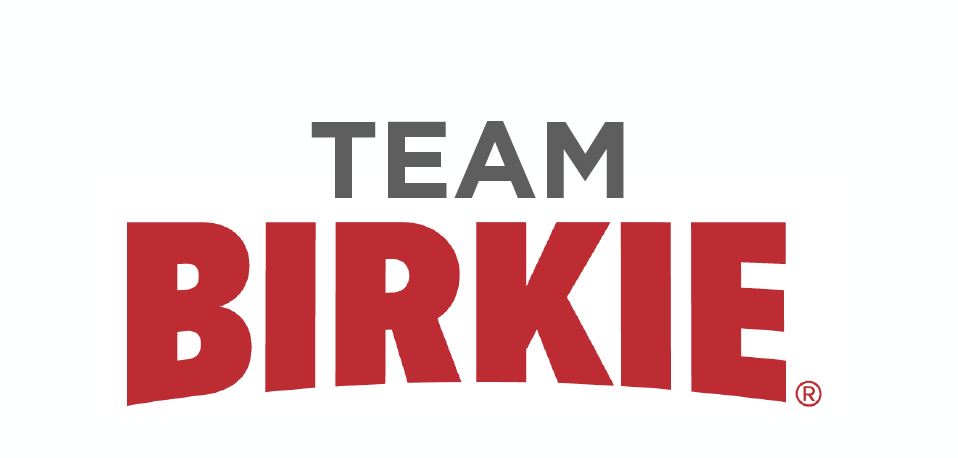Training in Shoulder Season
As the temps start to fall and winter looms around the corner, we find ourselves in the inevitable shoulder season. As the weather becomes more volatile, the shoulder seasons can bring some of the best training sessions of the year — but also some of the most trying ones. The key to getting in quality workouts during this time is to stay calm, be adaptable, and sometimes get creative.
As an athlete who has lived and trained in places not exactly known for cross-country skiing, I’ve had plenty of practice coming up with creative ways to get my workouts in. I’ve always enjoyed being outside — especially when it comes to training — but sometimes, being indoors is the best way to maintain quality.
Stelvio Pass, Italy
Indoor workouts can be incredibly beneficial because they usually involve constant work and resistance, take place in a controlled environment, and are often very efficient.
Let me give an example. I used to live in Fargo, ND — a place with no terrain, poor pavement, and some pretty terrible weather at times. In the summer, I’d drive about an hour east to lakes country to find good roads for roller skiing. But by October, the first northern front would move in, bringing early snow and strong winds. There wouldn’t be enough snow to ski on — even if there were trails in town — and the icy pavement made roller skiing unsafe, not to mention an hour away. At that point, my best option was to hit the SkiErg in the basement for intervals. No long drive, no risk of injury, a controlled environment, and as soon as I finished, I was already home — ready for recovery nutrition.
Now, I understand that doing every workout on the SkiErg wouldn’t be great for my fitness — or my sanity. That’s another important thing to remember in the shoulder season: there’s more to training than just physical shape. Keeping a level head and avoiding illness need to remain top priorities because if you’re not healthy or mentally well, it doesn’t matter how fit you are. As illness starts to circulate in the fall, make sure you’re taking care of your body — getting good sleep, eating well, and not forcing workouts in an effort to “get ahead.”
The shoulder season still comes before the real season, so there’s no need to force things when there’s plenty of time before the most important races of the winter. That being said, if you do get sick — and we all do, it’s part of life — don’t freak out. My best advice: give yourself the time to get healthy before jumping back into training. A healthy athlete will always outperform a sick one. Give yourself grace during that time, knowing you will bounce back. Stressing out or getting stuck in your head won’t help you recover any faster. Use that downtime to focus on other aspects of your life that you might neglect when training is in full swing.
In closing, the shoulder season is all about balance and adaptability. Stay flexible when the weather gets wild, take care of yourself mentally and physically, and remember that whatever’s happening right now — it won’t last. For me, that’s freeing: there are always more opportunities ahead, no matter how things are going today. Keep putting in the work that moves you closer to your goals, knowing you don’t get there all at once.
Regardless of the weather, what happened yesterday, or any past struggles or mistakes — today is a new opportunity. The journey to a better tomorrow #StartsNOW!

